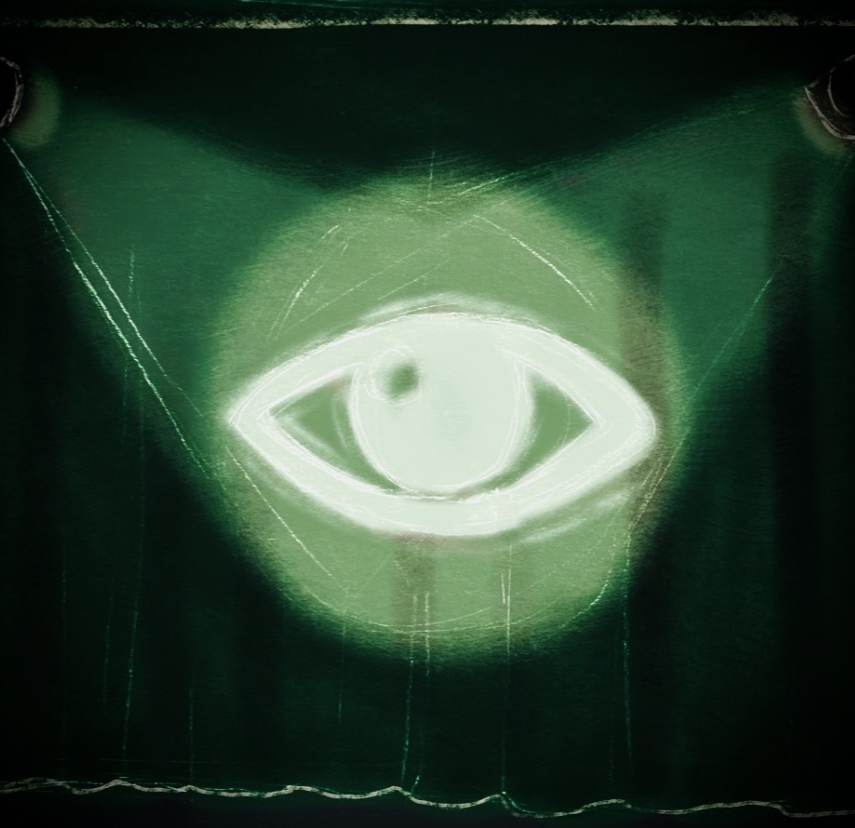Last fall, the Binghamton University theatre department announced that it would be putting on a production of “Twilight: Los Angles, 1992” during its spring 2021 season. The play, written by Black playwright and actress Anna Deavere Smith, discusses and comments on the 1992 riots that rocked Los Angeles County following the acquittal of four white police officers who brutalized Rodney King. When students came forward on Nov. 20 during a Q&A session for the department to express concern as to how a play dealing with such a sensitive and historic event would be cast, many felt that their voices were brushed aside. The theatre department expressed intent to emulate Smith’s original performance, a one-woman show in which she played characters of many races and genders, and do the same.
An Instagram account, @weseeyou_binghamton, began posting over a week ago regarding the theatre department’s decisions, citing “outdated” practices, “problematic racial casting” and calling for student-led change. The account has posted both statements and video testimony by multiple students, ultimately calling for the production to be ceased. One petition regarding the play, spurred by the Instagram page, has reached over 700 signatures.
The BU administration has put forward a statement leaving all the power to the theater department, basically taking a hands-off approach, when in fact they should be investigating into this matter.
The theatre department treating this issue as if it is out of their hands, or that it is part of a larger problem they have no control over, is wrong. Any statistics regarding BU’s diversity are easily searchable making it clear and public knowledge that BU is a predominantly white university. This knowledge should have been kept in mind even as those within the department were making decisions about potential performances. If the theatre department suspected that racially appropriate casting would be an issue, for any reason, they should’ve had a backup play in mind. The decision to put on a production of a play like “Twilight: Los Angeles, 1992” should not have been a rushed one.
As of now, the play is still set to premiere sometime this semester. The theatre department has released plans to host a sample reading from the play, followed by a panel and community discussion session. While the theatre department has stated it is committed to address issues put forward by students, no other plans regarding the production, initiatives by the department or even outreach to campus communities have been released at this time.
Should the department decide to go forward with this production, a few things must be made apparent. First of all, the casting of white actors in roles specifically meant of actors of color is unacceptable at any time, but especially so when the play deals explicitly with the issues of racism in America. The cast list must not remain a secret until opening night. Students deserve to know who will be representing them on stage for all to see, and they have every right to judge whether or not that representation is appropriate. Lastly, it is clear that even if this production goes forward, it cannot be without the consultation and guidance of the organizations at BU meant to support students of color. The theatre department alone is not equipped to lead these nuanced conversations, so it should seek help from organizations like the Multicultural Resource Center (MRC) or the Division of Diversity, Equity and Inclusion (DEI). As always, transparency with the BU community throughout the course of production is paramount.
However, should these actions not be met by the theatre department, the production should not be allowed to continue.
It is especially and painfully ironic that this follows months of heated protests calling for an end to police brutality. That, and the fact that this play was selected by the BU theatre department as a part of a “response” to the protests of this summer. The department must not make promises it has no intention of keeping.
The freedom of self-expression that comes with all forms of art should never be used as an excuse for racism. All forms of art, especially theatre, have histories that are tied with racism. Statements and dissections of the original work aside, it’s no secret that whitewashing is rampant across the theatre and film industries, and there are scores of actors, past and preset, who have gotten away with offensive actions like blackface, taking roles away from actors of color or even outright hate speech, with their careers relatively unscathed. To promote completely “colorblind” casting without actually contextualizing the history of the events of the play, the current issues faced by actors of color or the impact of this production for the sake of “diversity,” is simply tone deaf. The theatre department, encouraged by the BU administration, must listen and respect the concerns of students. Who will they be performing for, if not the students who deal with these experiences everyday?



